What Should We Do About Undergrads Who Want to Pursue a Humanities Doctorate?
Inside Higher Ed
DECEMBER 15, 2022
program in French and history, tells a story that resembles that of many humanities graduate students: that “the transformative experience I had in the classroom led me to dedicate my whole life to academia. The article’s author, Hannah Leffingwell, A.B.D. in New York University’s joint Ph.D.

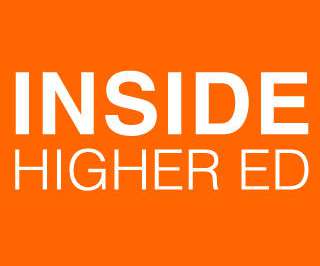



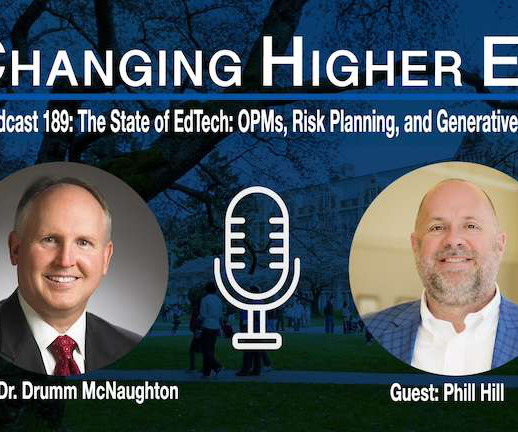
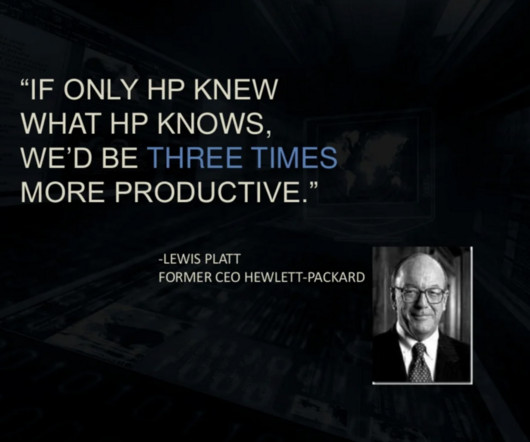


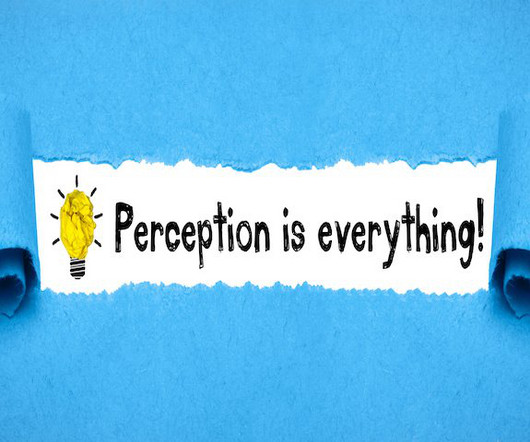
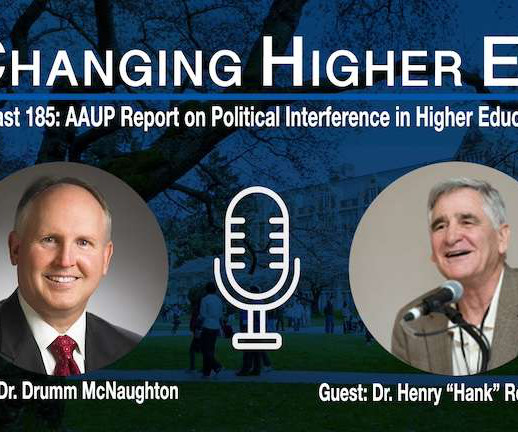






Let's personalize your content